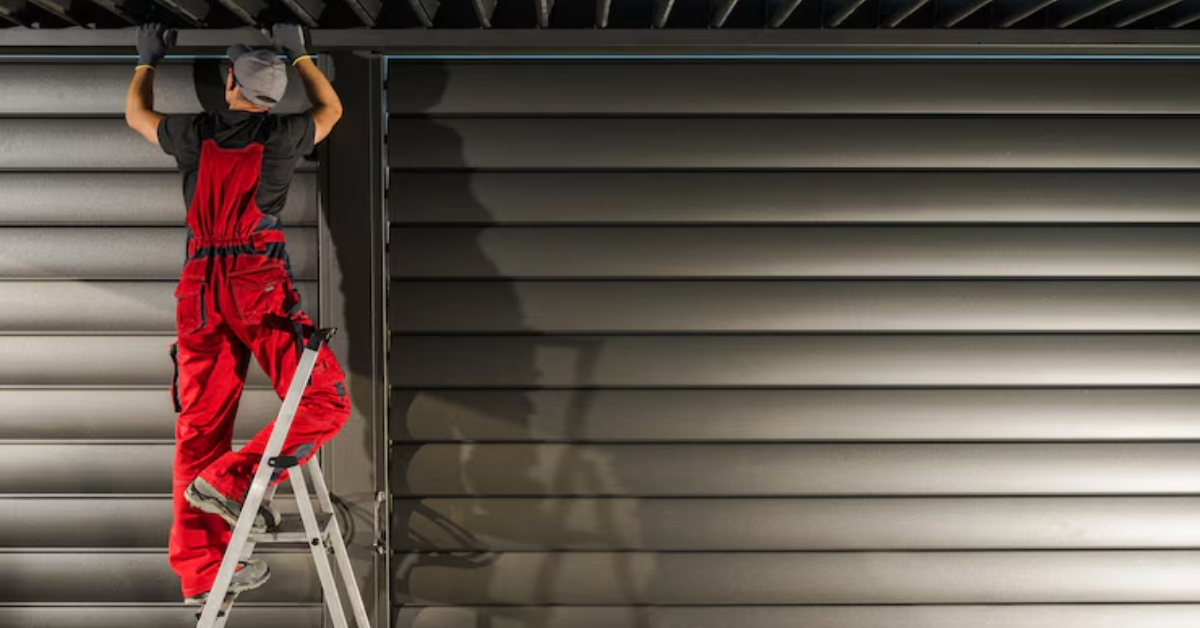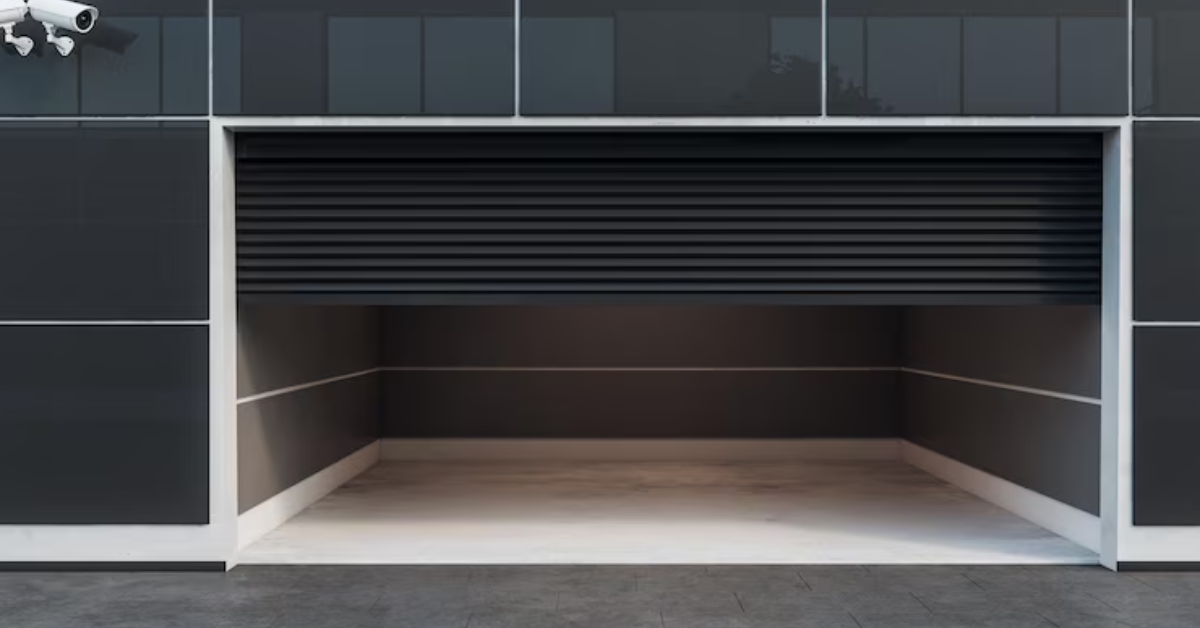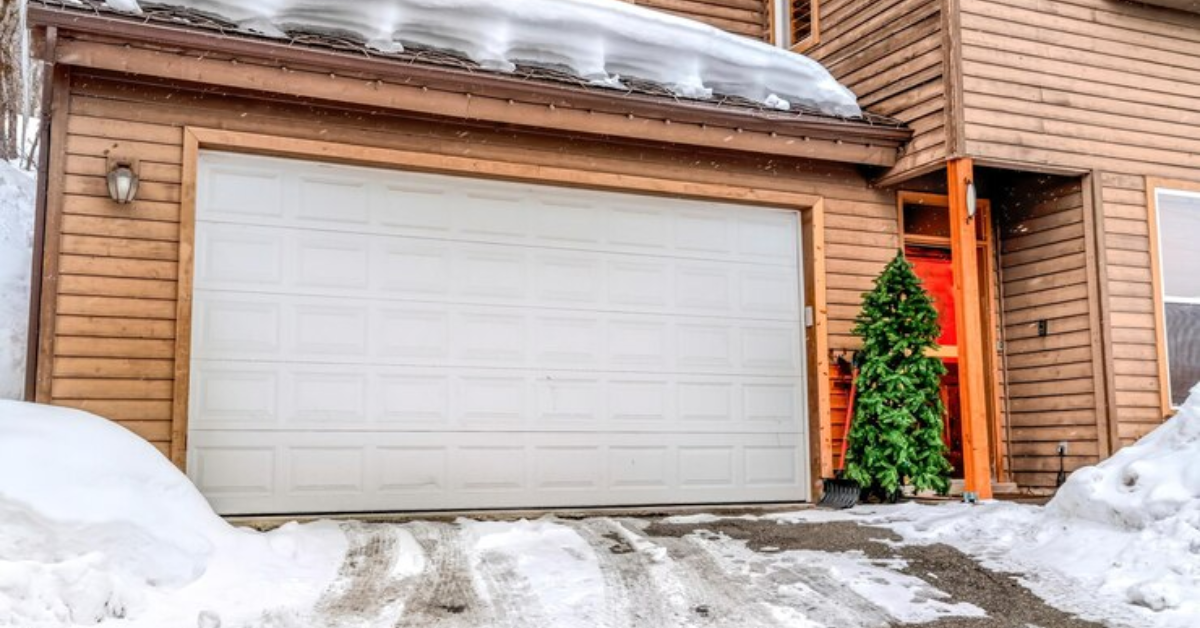Why the Right Size Garage Door Spring Matters?
Do You Need a Certain Size Garage Door Spring?

Are you trying to decide which garage door spring to purchase but are still having trouble? Fix N Go Service has some advice for you, so stop worrying now!
728 is the most typical spring size. The 700 stands for the wire gauge, and the 28 for the spring's length. It can, however, range from 300 to 900. The former series (300) is the most robust, but the subsequent series (900) is lighter. Learn exactly how to measure and purchase the right spring for your garage door by reading on.
There is a good risk that you may fall into the trap of purchasing parts that are not compatible with the garage door you currently have if you are unfamiliar with the parts of your garage door. If your garage door does not need any complicated components and eliminates the need for universal garage door parts, that is a positive thing. This isn't always the case, though. c
Buying a garage door spring
When it comes to garage door springs, "one size does not fit all" is inapplicable. Depending on the height and weight of the door itself, every garage door needs a certain spring specification. You can't merely decide to purchase the spring your neighbor offers. This is due to the possibility that what they have in their spring may not be what you require in yours.
Five characteristics about your springs are crucial to understand before purchasing garage door springs: length, wire size, interior diameter, spring wind, and end type are the first four factors. If your garage door has two springs, each one must be measured and its specifications recorded.
You can be sure that you will get the appropriate spring for your garage door if you do this.
Here’s How to Get The Measurement of Your Garage Door Springs
Contrary to popular belief, you don't actually need to unwind the spring in order to measure its length. Simply measure the length of the garage door spring, including the coils inside the cone, from the initial coil at one end to the last coil at the other to obtain the measurement.
Since garage door springs are tightly wound due to the tremendous amount of strain they hold, when released unexpectedly, they may inflict serious injuries and even death. This calls for careful handling. The setscrews on the winding cone should not be handled while the springs are still tightly wrapped.
Torsion springs that have already broken can be measured after loosening the setscrews on the winding cone, sliding the two parts of the spring together without a space between them.
You might enlist the assistance of experts to help you measure more precisely.
Fix N Go Service is your expert in garage door springs
You can contact Fix N Go Service for assistance if you damage your garage door spring. To address any of your garage door issues, they are open 24/7. No issue is too large or too minor for them to handle. They will become accessible to assist you as soon as you contact.
All the spring kinds you might require are available from Fix N Go Service. They will undoubtedly have it in stock for you, regardless of the length, width, or other dimensions you require. If you schedule an appointment, they can even identify what kind of garage door springs you require.
Call Fix N Go Service to replace your garage door springs in a secure manner. You may be confident that the professional service they offer will ensure both your protection and the protection of your family. There is no longer a reason to jeopardize your safety.
To make appointments, call Fix N Go Service right now at Houston (832) 400 2992 Austin (512) 543-7324.




